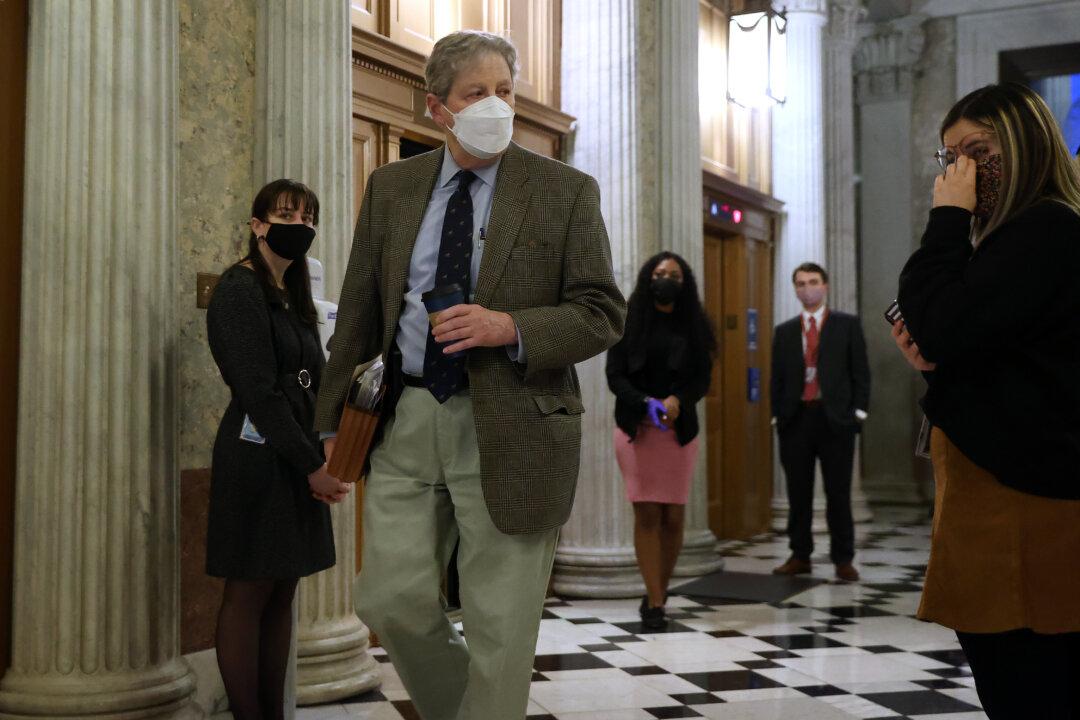Thirteen U.S. senators sent a letter to Democratic leadership to voice their concerns about a provision in the proposed $3.5 trillion budget reconciliation package that would give billions of dollars to the Small Business Administration (SBA) to provide direct loans.
Sens. John Kennedy (R-La.) and Bill Cassidy (R-La.) who led the effort, said the proposal is “inefficient, costly and unequitable,” in the letter (pdf) submitted to U.S. House and Senate leadership and the chairs of both chambers’ small business committees.





